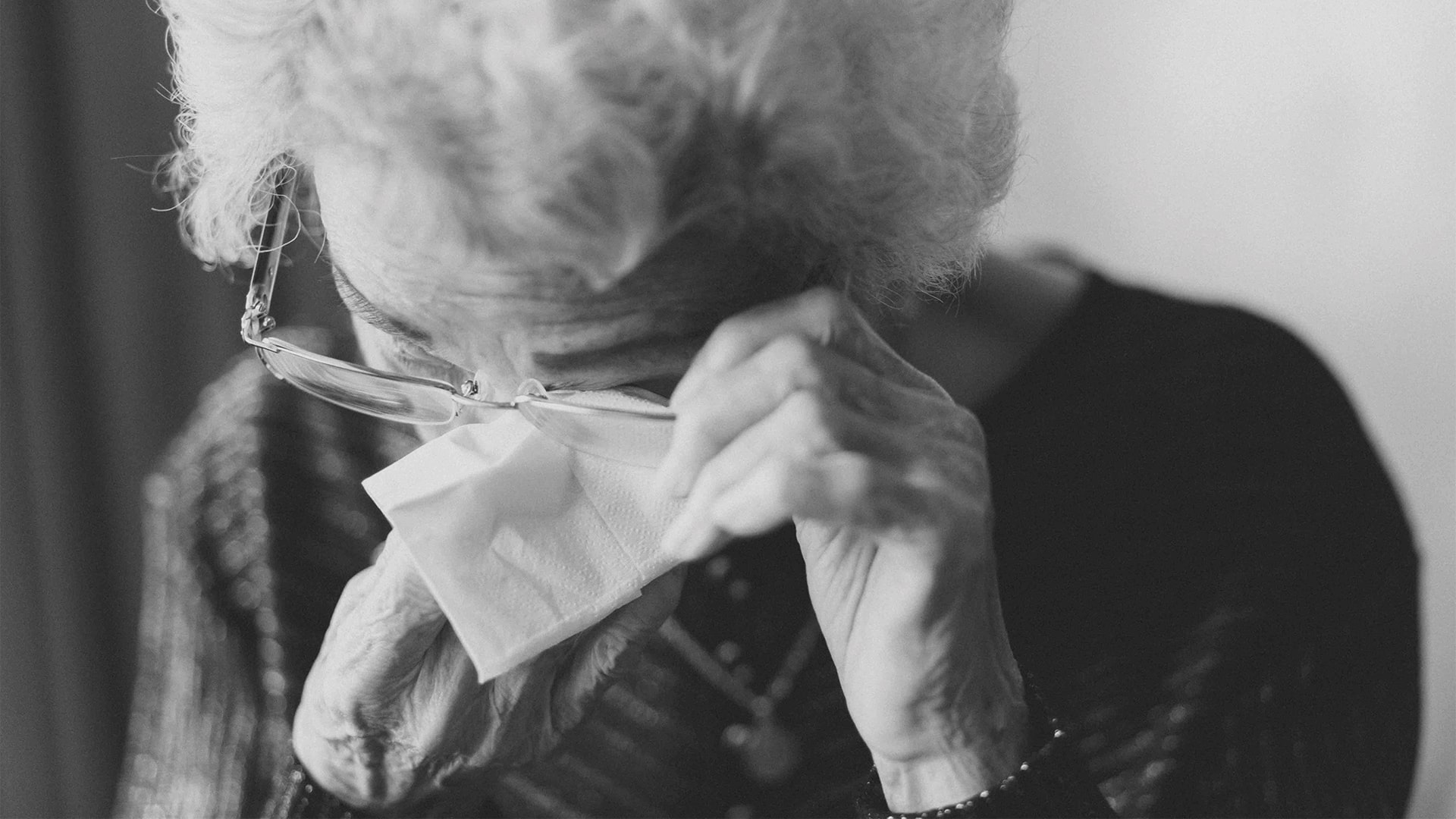
Children and young people are impacted by death just as much as adults, but they may show it in very different ways. A child may not have the words to express how they are feeling, and will often express themselves through behaviour. You may find that they seem relaxed and happy one minute, and overcome with sadness or anger the next. There is no right or wrong way to grieve, and learning how to support a child through this time can help them to come to terms with what has happened.
Five ways to support a child in grief…
1. Welcome questions and conversation
Children don’t have a full understanding of death, and will be piecing it together throughout childhood. If your child is asking questions, it is probably because a piece of the jigsaw is missing and they are searching for answers. Try to create an environment in which questions and conversations are welcomed. You’ll be able to alleviate some of their worries by talking about death openly and honestly. Avoid using euphemisms or language such as ‘gone to sleep’ or ‘lost’ as this may cause confusion or even scare them. Instead, use simple age-appropriate language (such as ‘dead’ or ‘death’) that will give them a clear picture of what has happened.
2. Encourage them to express their feelings
Encouraging a bereaved child to express their feelings is one of the most important things you can do. Try to create an environment in which every emotion is welcomed, including both positive and negative emotions. You may want to protect your child from the pain of grief, but welcoming a full spectrum of emotions will help them to build emotional resilience and learn how to live with grief. Sharing your own feelings can also build trust and role model how to talk things through. Explain that everyone experiences grief differently and there is no right or wrong thing to feel. Creative outlets, such as drawing, writing and music, can also provide a beneficial way for children to work through difficult feelings.
3. Remember the person who has died
The finality of death, and knowing that you will no longer be able to see the person who has died, can be one of the more challenging things for children to understand. Providing opportunities to remember the deceased can make grief feel more manageable and let children know that just because someone has died it doesn’t mean they are forgotten. Talk about the person who has died, share memories, look through photo albums, encourage them to draw pictures or create a scrapbook. Rituals can also play an important role in remembering a person – this could be anything from lighting a candle on their birthday, planting seeds every spring or visiting their favourite place each year.
4. Spend quality time with them
Finding ways to connect with a bereaved child can provide them with a feeling of safety at a time that feels turbulent. Prioritise spending quality time with them, without distraction or getting tied up doing chores. This could be anything from reading a book together, baking, doing a jigsaw, watching a film, going to the park or playing a sport. It is less about the activity you choose to do (although it can be helpful to be led by your child’s interests) and more about how you spend time together. Prioritising fun and meaningful activities will help them to learn that they can live alongside their grief and that having fun doesn’t change their feelings about the person who has died.
5. Stick to routines
Children find great comfort in routines, and it can be beneficial to keep a flexible routine in the aftermath of a death. Once the initial shock has passed, try to keep your child’s life as normal as possible. This could be going back to school, participating in clubs or hobbies or attending a friend’s party – all of the activities they would have done before the death occurred. As well as providing them with a break from their grief, it can help to remind them that life goes on. Remember that every child is different, and some may need more time off school or hobbies than others. Respond to what your child needs in the moment, and adapt their routine if it feels beneficial.
Seeking professional support
Sometimes a child may need more support than what a parent or caregiver can offer. Speak to your GP to find out what resources may be available to them. You could also consider contacting an independent bereavement counsellor who can provide your child with dedicated grief support.
There are also a number of local and national bereavement resources that can provide advice and guidance for bereaved children. Winston’s Wish and Child Bereavement UK are two national charities that focus on grief support for children, whilst Cruse Bereavement Support and Mind can provide support to people of all ages.
Our team are here to take care of you following a death, and we work with a dedicated bereavement counsellor who can support you during this time. Contact us on 01525 372210 to find out how we can help you. Alternatively, you can email us using our contact form.



